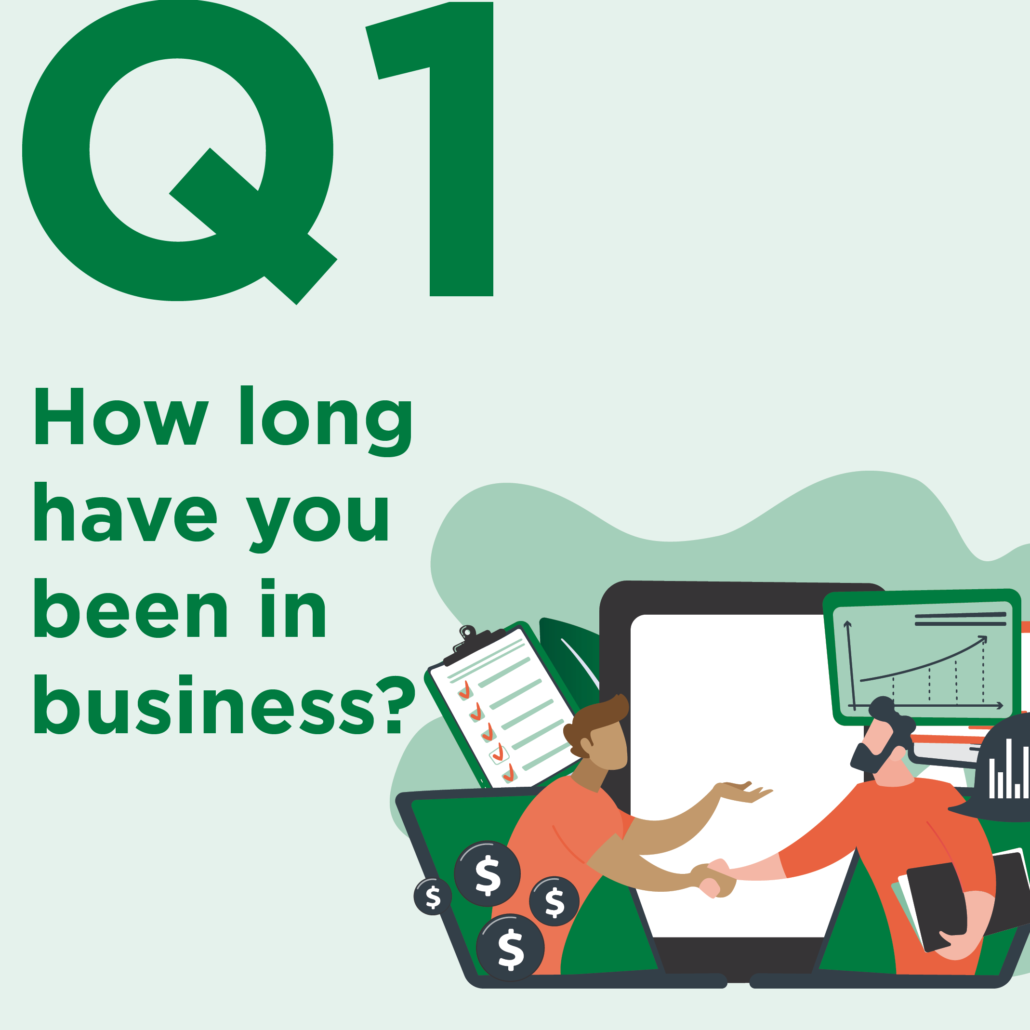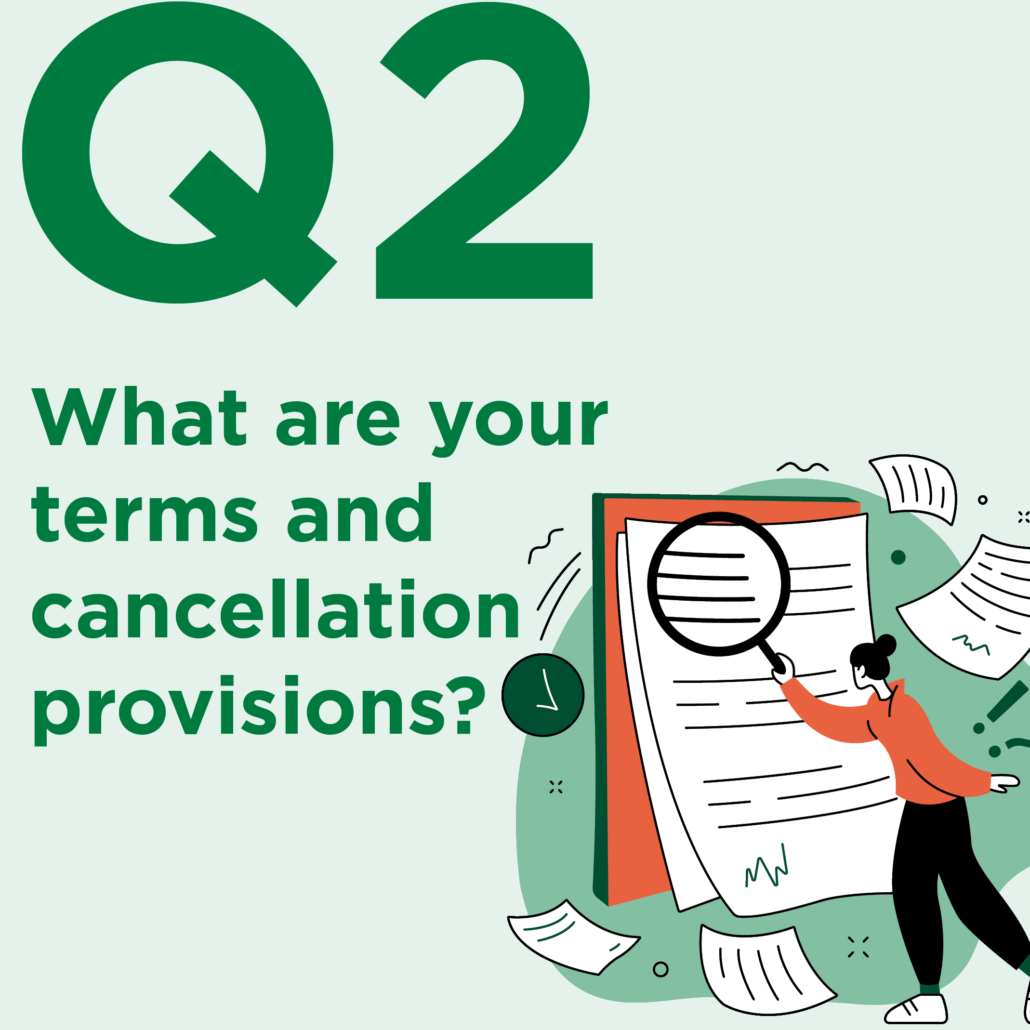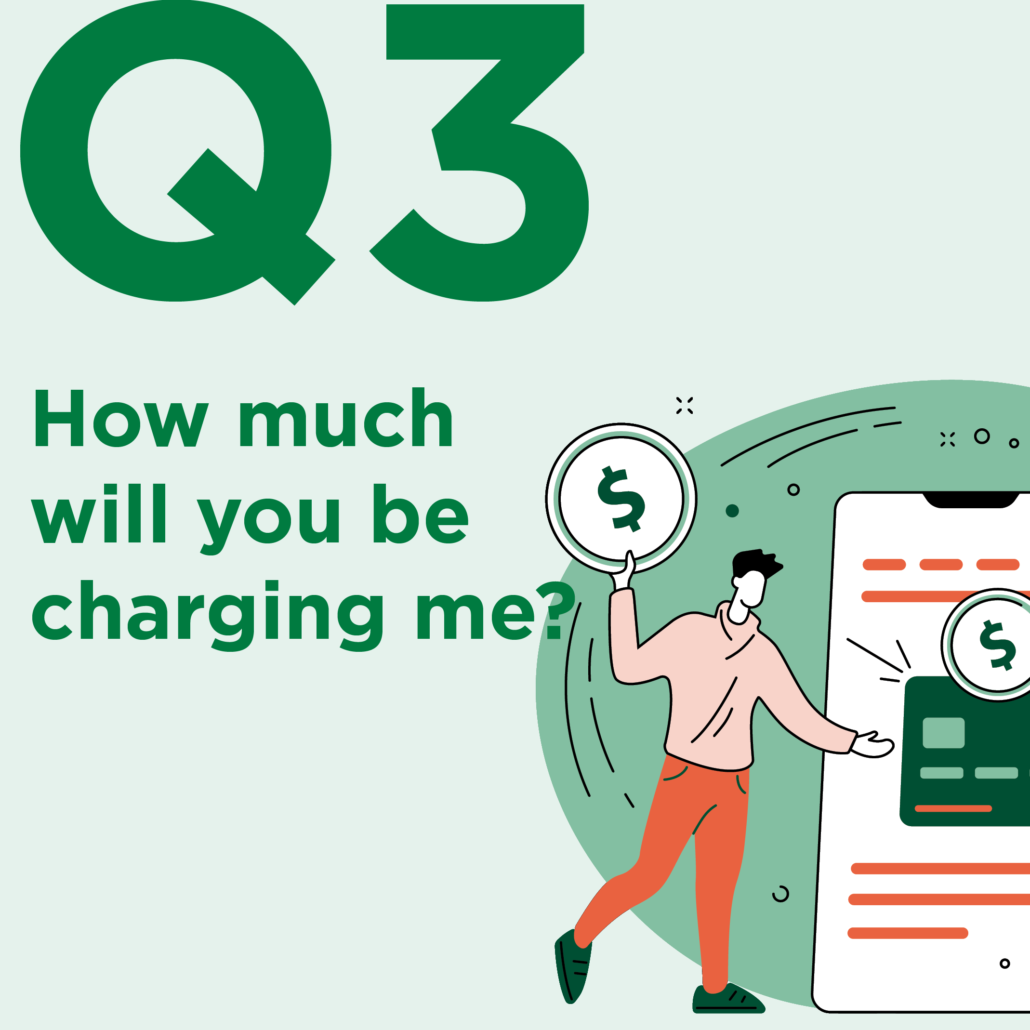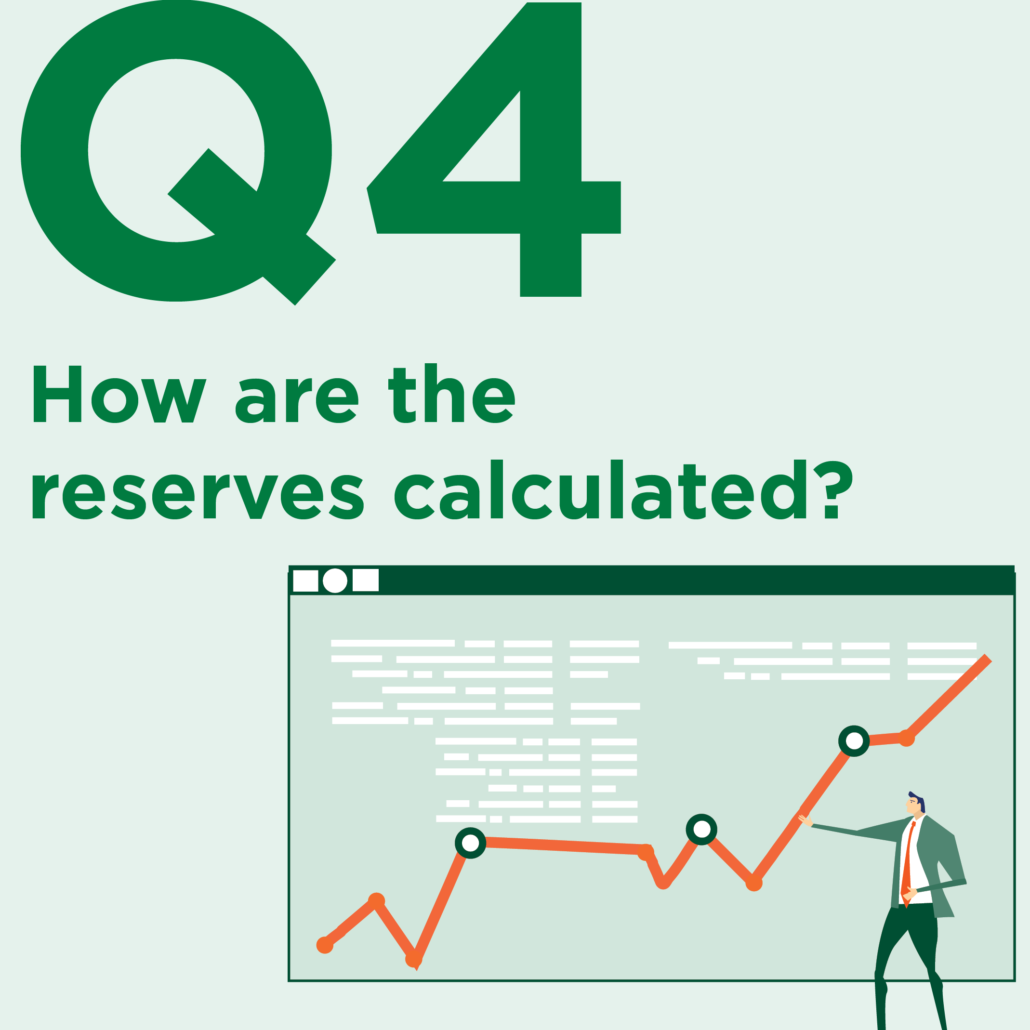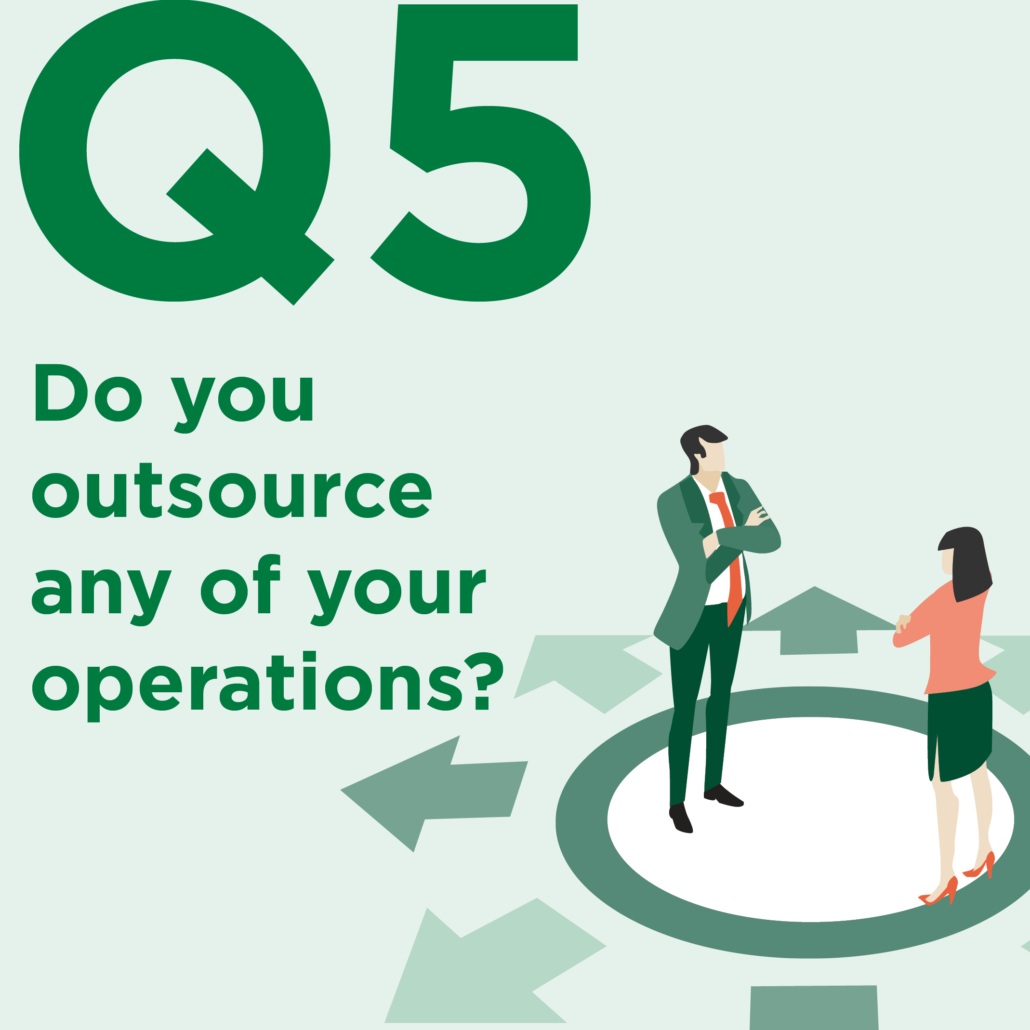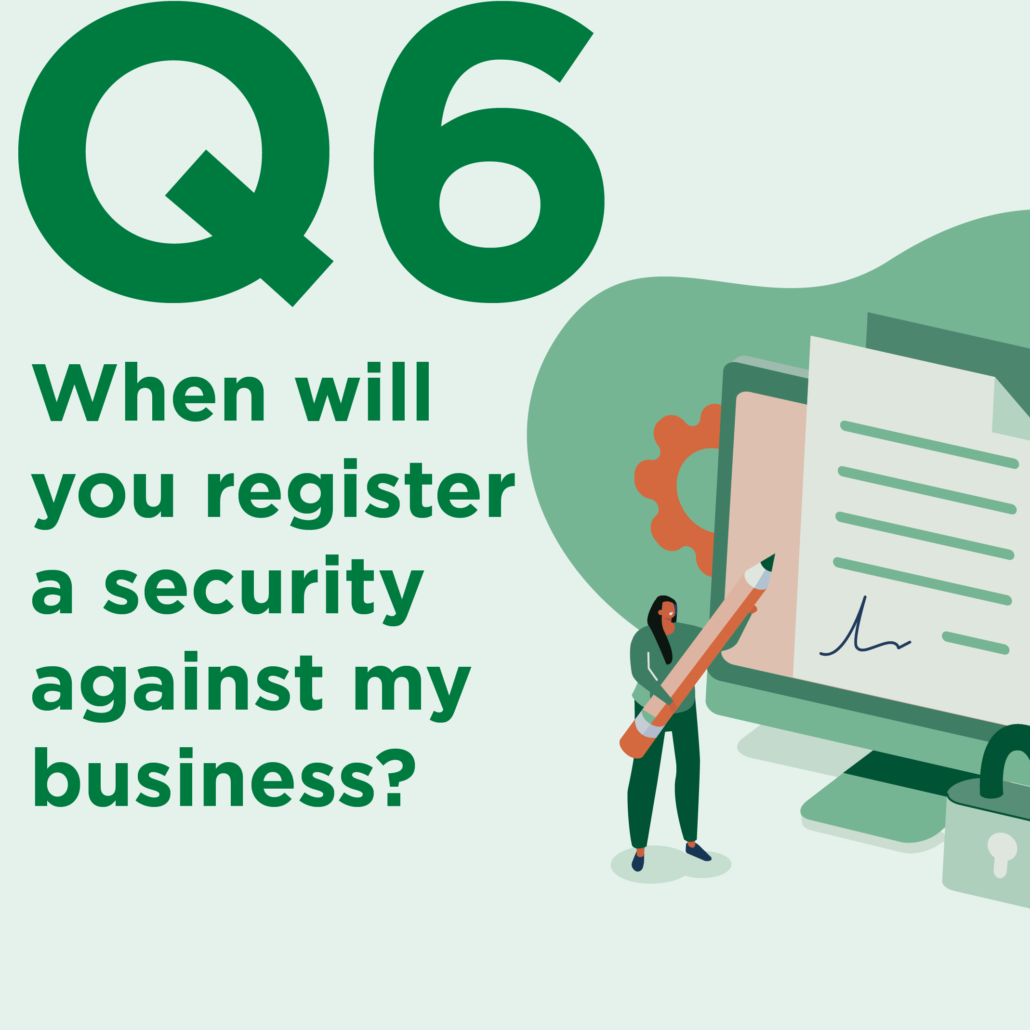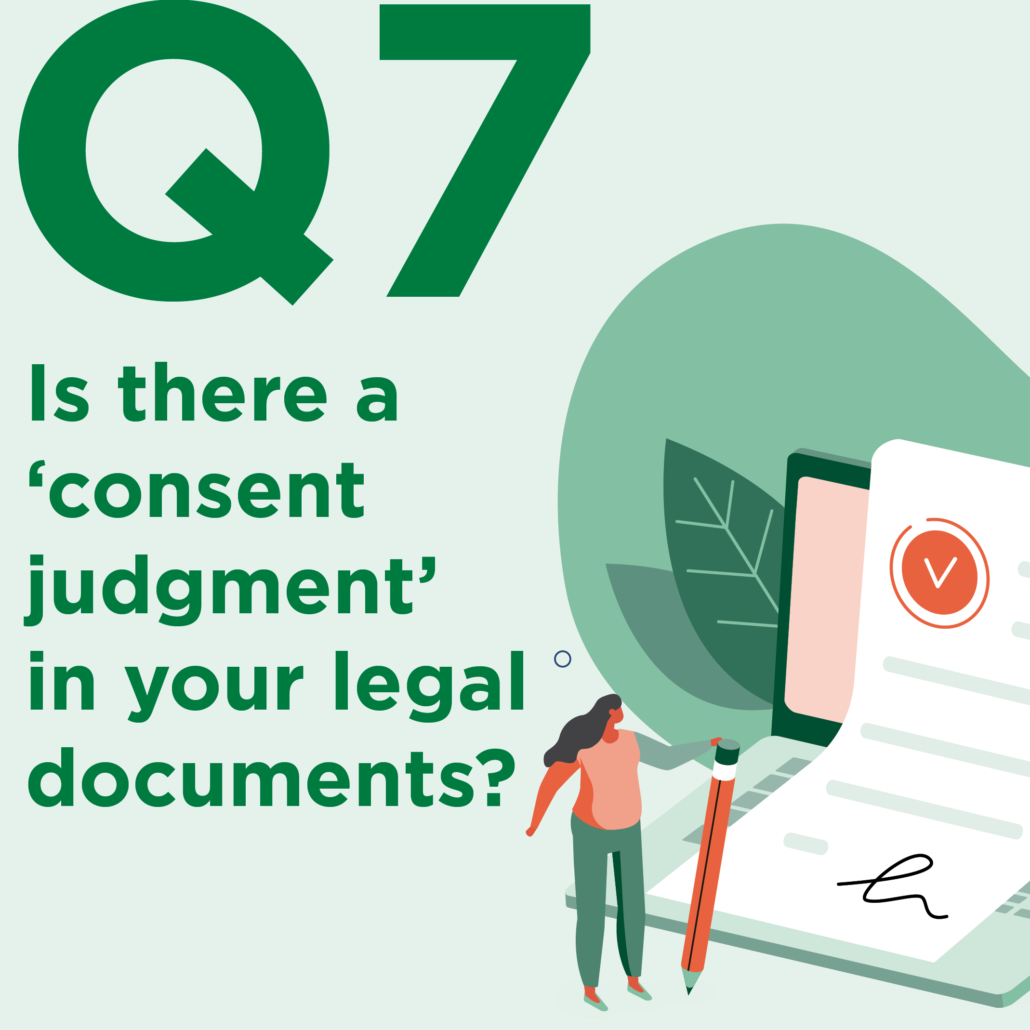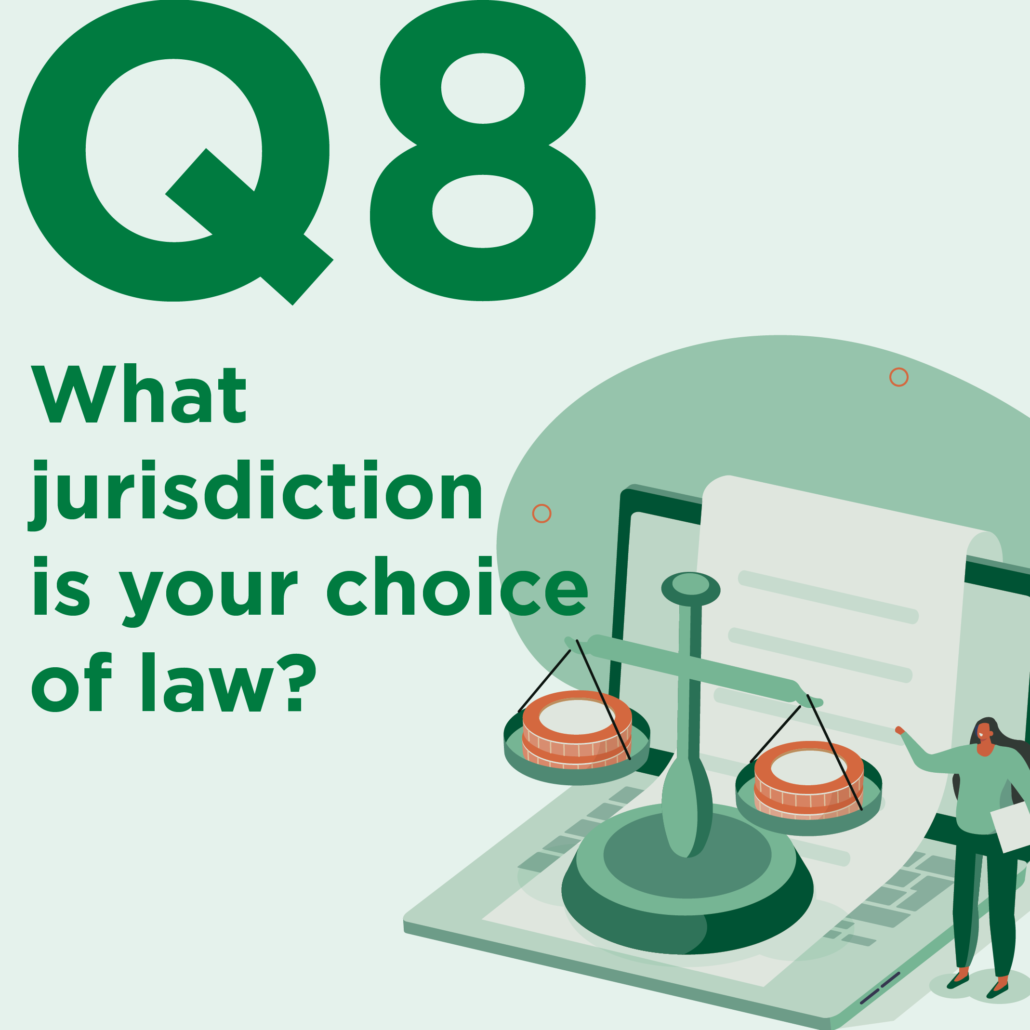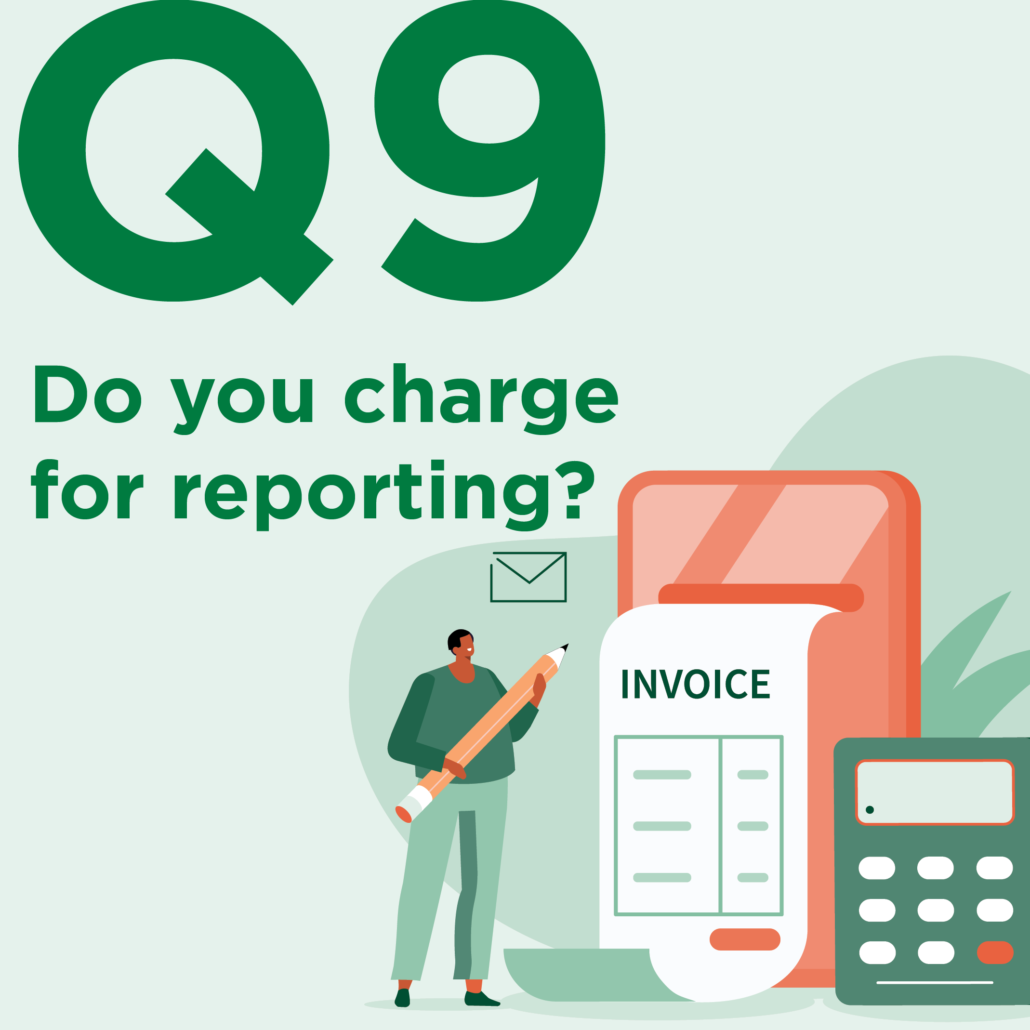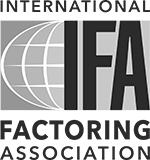The invoice factoring guidebook
Who would you trust with your business financing information in their hands?
You’ve been searching for the right financing solution and have decided that factoring (accounts receivable financing) is a viable option for your business. So how do you find the right invoice factoring company to partner with?
When it comes to finding a factoring partner, trust is essential.
Your factoring partner could be dealing directly with your customers, will learn a lot about your business and be meshed into certain processes. As a rule of thumb, the more a partner is involved in your business, the more you should know exactly who you’re dealing with.
With hundreds of factoring companies in North America, how can you decide which ones to trust and who you should work with?
How much financing can I get? How much will it cost? Will they be able to deliver consistently and on time? Will they make my life easier without causing any additional holdups in operations? These are important questions and there are even more that you should consider before signing on any dotted line.
Following are the top 10 crucial questions to ask any invoice factoring company to ensure you select the right financing partner…
Table of Contents
Q1: How long have you been in business?
Q2: What are your terms and cancellation provisions?
Q3: How much will you be charging me?
Q4: How are the reserves calculated?
Q5: Do you outsource any of your operations?
Q6: When will you register a security against my business?
Q7: Is there a ‘consent judgment’ in your legal documents?
Q8: What jurisdiction is your choice of law?
Terminology: What’s in a name?
Factoring is commonly referred to as:
- Invoice factoring
- Invoice discounting
- Accounts receivable factoring
- Accounts receivable financing
- A/R factoring
They’re all the same thing, just with slight variations on the name. Companies that offer these services are called “factors” and they are funding sources that agree to pay a business the value of their incoming invoice(s) up front, minus a discount(also known as a reserve fee) in return for their commission and fees.
10 Crucial Questions
With invoice factoring, you need to be working with an established business who knows the ins and outs of providing financing, has knowledge of your industry and has an established history. If a company has only been in business for a short period of time, they may not have enough experience — especially when you need a reliable funding source.
For factoring companies fairly new to the business, they may not have the same experience or sophistication in their process. This isn’t to say that a young factor isn’t well-intentioned or able to offer excellent service. However, it’s possible to disrupt a customer relationship unintentionally or without even knowing it.
You’re putting your business in their hands, so you want a company that’s credible and has a good reputation. They must have a presence that’s stood the test of time so you know they’ll be there when you need them – even if they are only online.
The answer to such a simple question can be incredibly important.
Many invoice factoring companies will try to sign clients up to one or two-year term agreements with an automatic renewal. These types of contracts will lock you in, and if you want to move on, you may not be able to do so without being stuck with major cancellation penalties. In that case, if you want to go to another factor to access working capital, you won’t have the option.
Other red flags include overly confusing terms, factors who won’t explain all the details within the contracts, or if there is only a small window of time to actually issue a cancellation notice.
The best agreements are those that are structured like at a bank. Look for factoring companies that offer agreements with 30-day cancellation clauses, which won’t leave you locked in.
Many businesses looking for factoring will focus entirely on rate, but that may not give you the whole picture of costs that a factoring company will charge.
You need to understand all of the fees — especially the hidden ones. Quite often the details are purposely complicated, and there could be a long list of different fees that could be charged including charges for phone calls, consulting fees and extra charges for ‘same day funding’ services.
Even if the upfront rate is low, the add-ons could cost you over 25 percent.
Companies that are in distress and moving too quickly may not take the time to look at all the fees diligently. Do not make this mistake, and never sign anything without taking the time to review each potential cost.
Liquid Capital Difference:
By bundling all our fees, the factoring fee we offer clients includes no hidden costs. We don’t charge a separate fee for same-day funding, every cheque we collect or any hidden costs.
In a factoring relationship, you need to understand how reserves are calculated and the process for getting them paid. The reserves are your money so you need to understand the numbers and details from the start.
If the factoring company can’t answer that question, then you shouldn’t enter into the agreement. Without all the information, it’s impossible to compare different factoring companies and agreements to find the right one to partner with.
Some companies will delay paying you the reserve fee until 100 percent of the invoices are collected. Others might wait a month or more after they receive a cheque from your client before they send you the reserve. And surprisingly, even other factors that are thinly capitalized will use one client’s reserves to serve as another client’s financing capital.
Example: A reserve agreement to avoid
A factoring company has bought a $100,000 facility with 10 invoices. Nine of those invoices equalled $99,000 and one was for $1,000. The reserve is set at $20,000 and your agreement states that you will only receive a reserve when all the invoices on the schedule were collected.
Within 30 days you collect the nine invoices for $99,000. The factoring company holds your $20,000 reserve until the final $1,000 is collected, and the waiting game begins.
Liquid Capital Difference:
Liquid Capital generally pays reserves with each funding. Holding reserves is not a best practice. If there are reserves due then we pay them, and generally within the week.
As the client, you need to know your factoring company will maintain a high level of service. If they outsource their operations to inexperienced or overseas vendors, you may lose out.
Unfortunately, some North American companies will outsource their collections overseas to vendors who do not offer adequate support. Some outsourced companies may be paid based on their collections, and a lack of dedication to the customer experience could cause other issues. If collections are done improperly, it could disrupt your customer relationships.
That said, there are outsourced businesses that are still good at their contracted positions. However, the odds of running into a problem are more likely compared to a local office that is dedicated to serving their own clients.
In the end, the more control you have over the process, the better. If you are enticed to work with a factor that outsources operations in the interest of saving on costs, think twice and talk to other clients about their experiences first.
With many online invoice factoring companies and applications, you are giving them permission to access your bank account and register a security against your business even at the initial application stage — even if you don’t end up doing business with them.
If you submit multiple applications, you could suddenly have a number of security registrations on file. In this case, other lenders will shy away from providing you with further financing since they won’t be able to claim the proper security interest against your assets.
What is a security registration? These are filed by lenders or creditors to help evidence the lender’s security interests, often using personal property of your business as collateral such as account receivables, equipment or inventory. They are common in the world of lending, and once your debt is paid off the record is discharged.
Learn more about security registrations and why you should do a UCC or PPSA search in the Lender Friendly eBook.
This question is applicable only in the United States, and it is critical for you to ask. Why?
When lenders ask for a consent judgment up front in their legal documents, it could be a red flag that they’re predatory in other ways. Never sign any documents that have a consent judgement.
However, you may also ask the follow-up question, “Are you prepared to do the factoring deal without the consent judgment?” If the factor is willing to take that out of their legal documents, you could still keep them on your factoring short list.
What is a consent judgment?
A consent judgment is a U.S. court order agreed upon in advance by all parties. You literally consent to a future judgment in
the event of a dispute. It is common to see these in merchant cash vendor and cash flow agreements, and can be used against you — even if you miss one payment. The consent judgment is used to settle a lawsuit and the courts must consider it to be legally binding, which would likely put you in the losing seat.
The “choice of law” is a term within a contract that comes into play when a dispute arises. That dispute will be determined in accordance with the law of a certain jurisdiction, and it may come as a surprise if you aren’t aware of the laws and regulations
applicable in that area.
In most cases, you’ll probably be working with companies that have choice of law closer to your business headquarters. But there are cases where the choice of law could be in other states, provinces or countries, and you might not know the laws there and how that will be governed.
For example, you may enter a dispute and be contesting in a U.S. court of law, but the contract may have a choice of law for Panama. In this case, you might need to defend yourself in Panama.
Working with a factoring partner should be a helpful process. Part of this is being able to see reports on your accounts receivables, collections, credit limits, reserves and any timelines. This information should be fully transparent and accessible so you’re always in the loop, and so you can hold your factor accountable.
Unfortunately, certain factoring companies charge you for that reporting. That’s like having a phone without a phone bill to see your service level, calls and charges.
Other factors only offer traditional hard copy reporting as opposed to online statements, so you need to ask for a traditional mailed version. And for those that offer digital versions, find out what information you can actually see. It isn’t unusual for some factors not to report on reserve statements — making it easier to withhold certain payments as mentioned previously.
The best option is to find a trusted factoring company that offers a secure login to a webpage that gives you access to the full reports so you know exactly what is going on with your business at all times.
You must ensure that any invoice factoring company you work with has the financing available. Once you’ve entered a factoring agreement, you need to be 100 percent confident that they will be able to provide financing for your accounts receivable.
Ask how the factoring company is funded, and learn more about their ability to deliver financing. Some may partner with another company to access funds, which can help strengthen that financial security. You should also learn about that partner firm and make sure they are credible in the market.
Investigate whether or not your factoring company and any partners have an exceptional history deploying large amounts of working capital. If they’ve deployed large amounts of financing, it’s likely a key indicator they have the experience and expertise in your region that you can rely upon as you grow your business.
Final Thoughts:
Your Business is Worth the Effort
By looking hard to see what’s below the surface from your potential factoring provider, you’ll protect your business and develop a long-term partnership that will allow your business to grow with less worry.
Dealing with a factor shouldn’t be overly complex. In the end, you should get a working capital line, repay the factor what you have agreed to at the outset, and pay the fees on the interest rate (outside of servicing costs). Your rate should never be a total surprise.
Remember that with invoice factoring you are entering a major contract. Just as you would never buy a house without knowing your mortgage rate or how you would get out of the contract, you should know all the details of any financing agreement.
A bad decision can literally cost you your business. However, you will never regret taking the time to ask the right questions and find the factoring partner who will help you grow your business.
Liquid Capital Difference:
Simplicity and trust.
We strive to make the factoring process simple, convenient, reliable and trustworthy. With a professional credit department in our North American offices, we offer simple rate schedules and don’t believe in countless extra fees, onerous terms or cancellation provisions.
If you’re looking for a factoring company to partner with, we’d be pleased if you’d consider us. Set up a call today.

